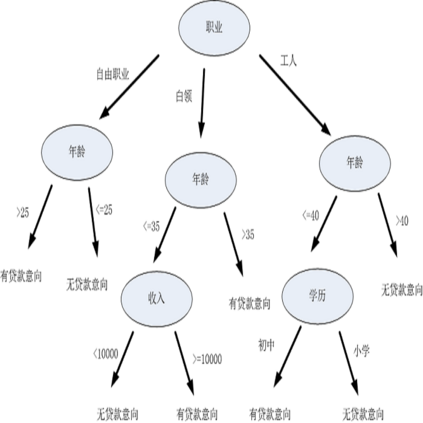We investigate long-term cognitive effects of a hypothetical intervention, where systolic blood pressure (sBP) is monitored at more optimal levels, in a large representative sample. A limitation with previous research on the potential risk reduction of such interventions is that they do not properly account for the reduction of mortality rates. Hence, one can only speculate whether the effect is a result from changes in cognition or changes in mortality. As such, we extend previous research by providing both an etiological and a prognostic effect estimate. To do this we also propose a Bayesian semi-parametric estimation approach for an incremental intervention, using the extended G-formula. We also introduce a novel sparsity-inducing Dirichlet hyperprior for longitudinal data, demonstrate the usefulness of our approach in simulations, and compare the performance relative to other Bayesian decision tree ensemble approaches. The results revealed a weak (non-significant) prognostic effect and a significant etiological effect in later-life, but not in mid-life. These findings provide important information about long-term sBP control in cognitive aging, indicating that sBP interventions may have an effect on memory later in life at the individual level, although only small effects would be seen at the population level due to altered mortality rates.
翻译:暂无翻译




